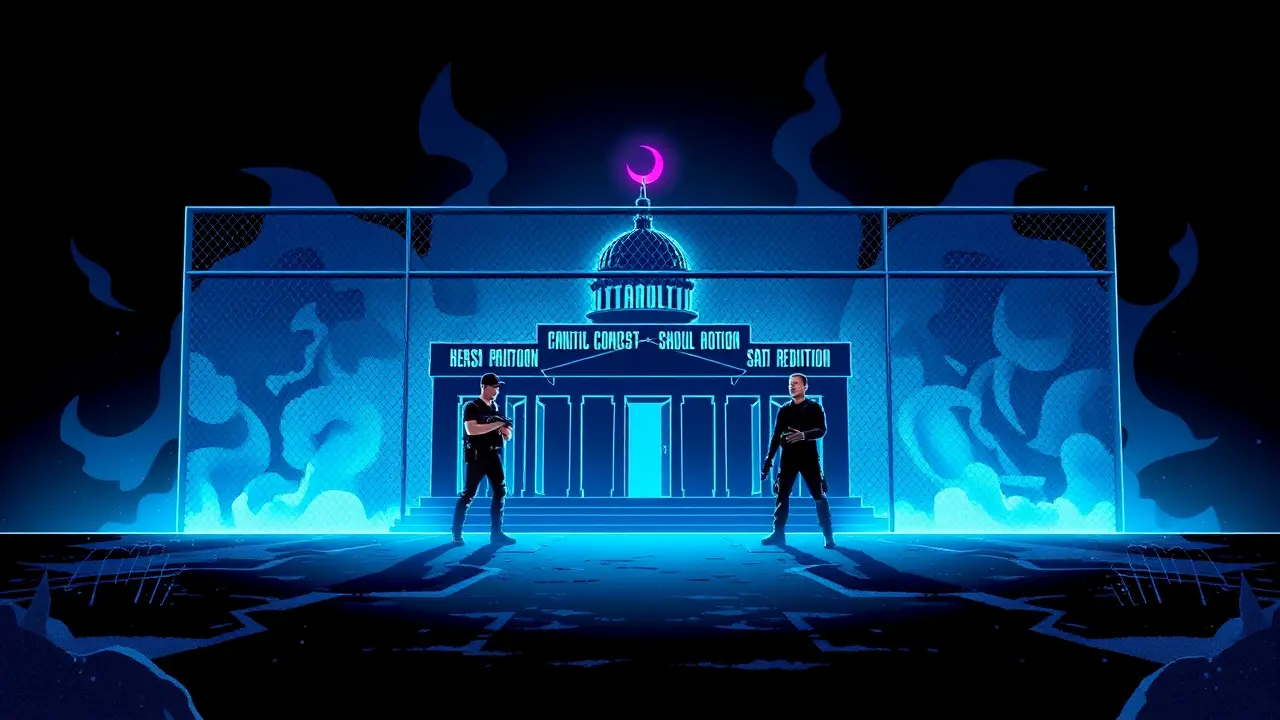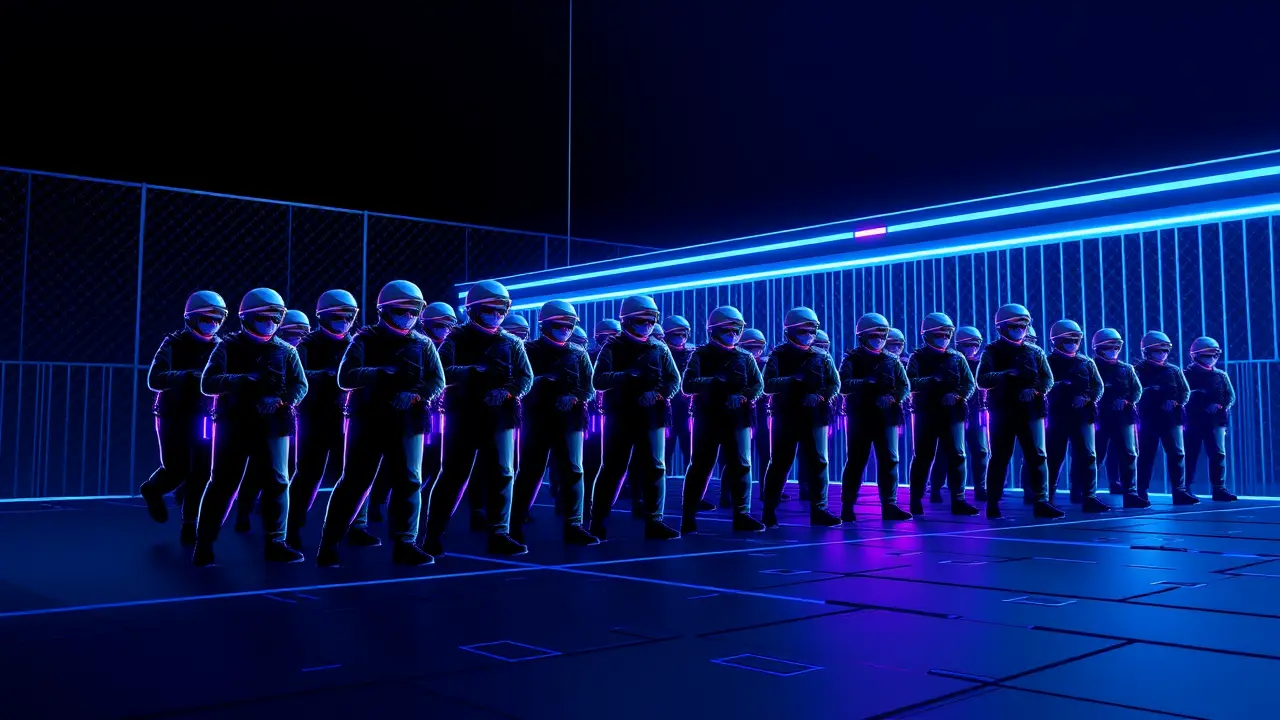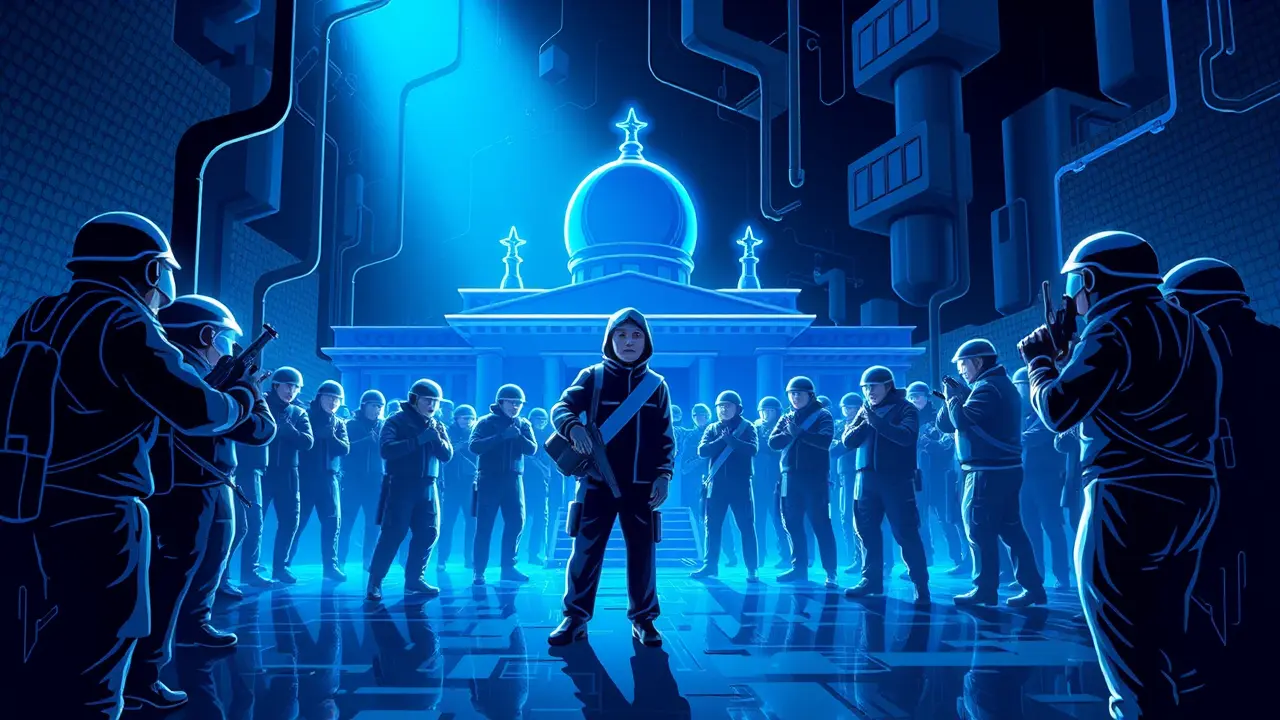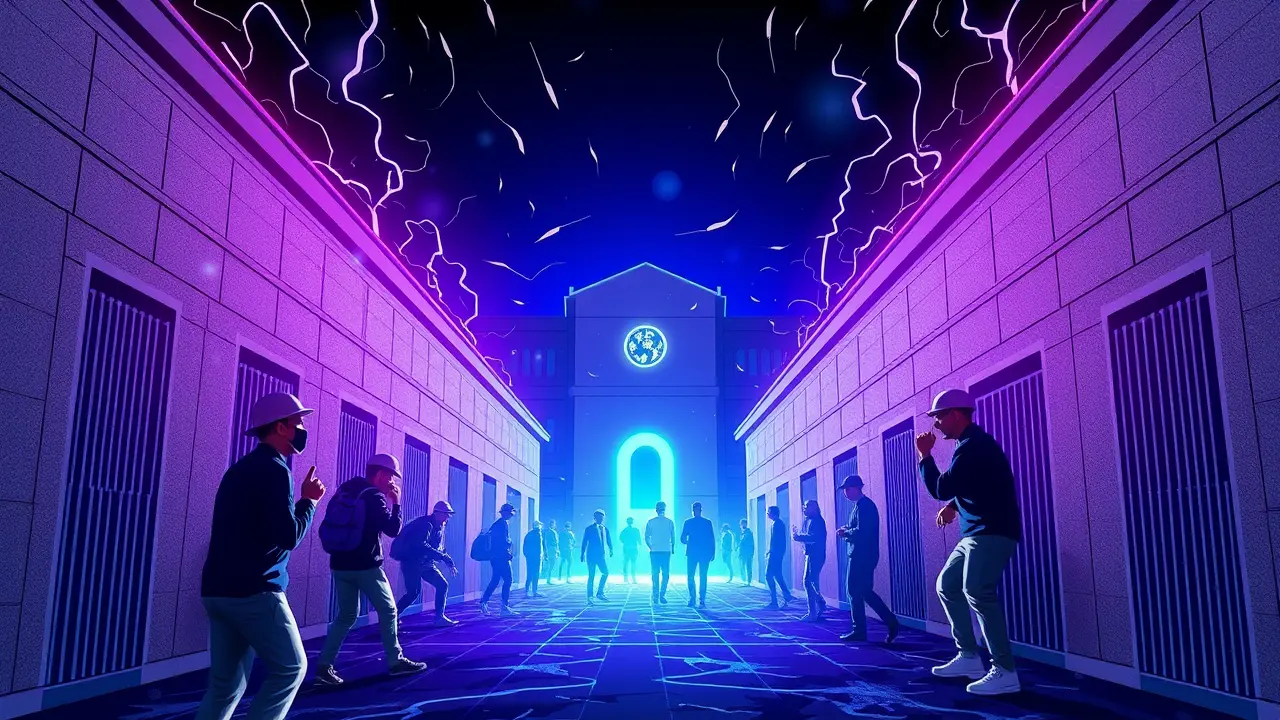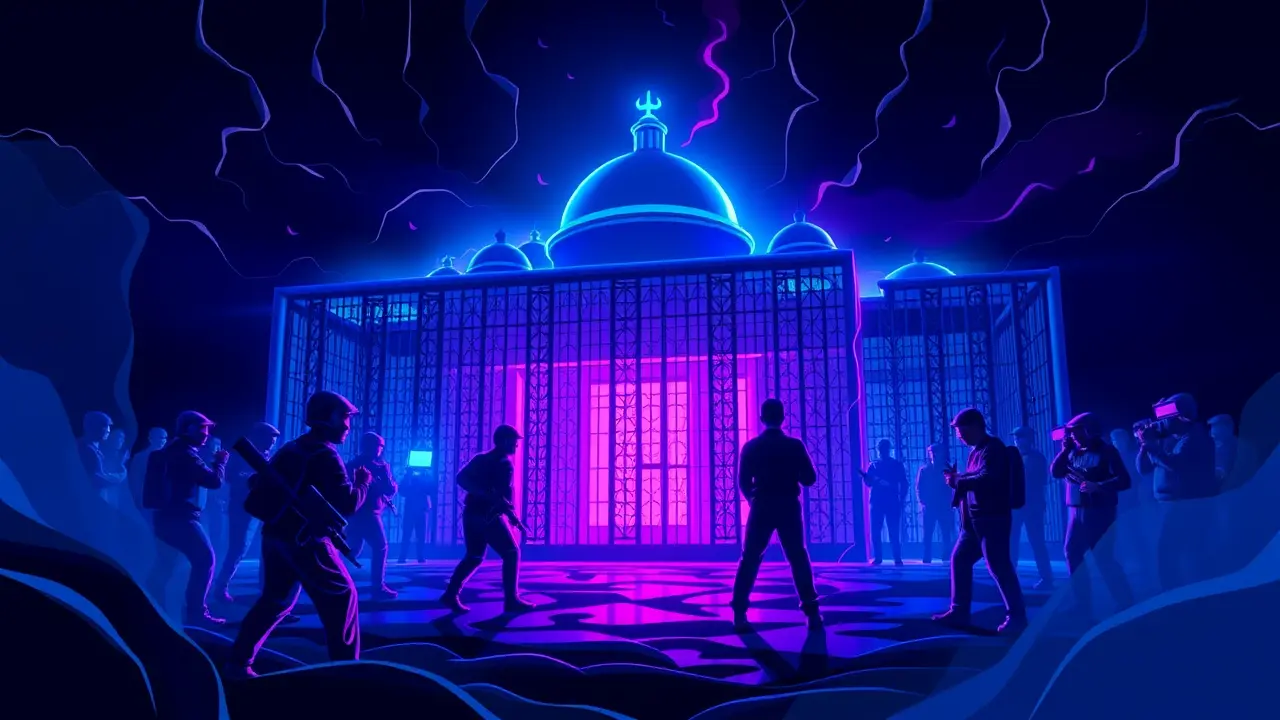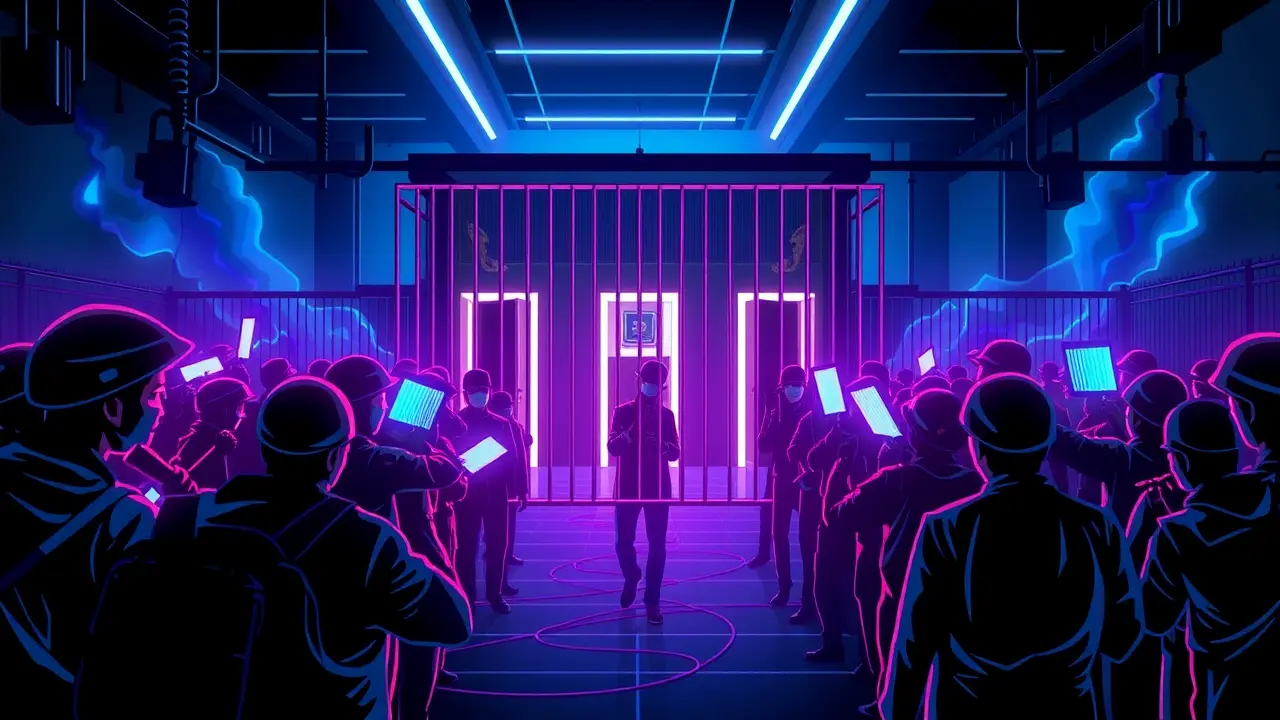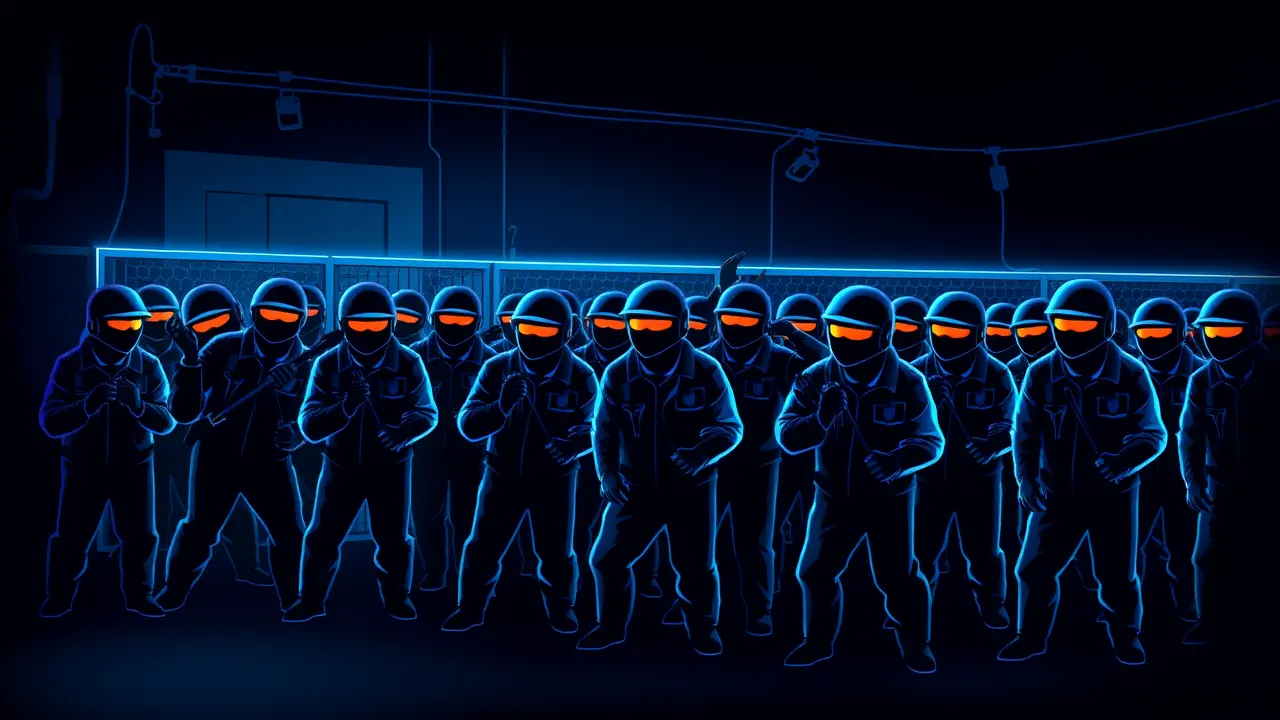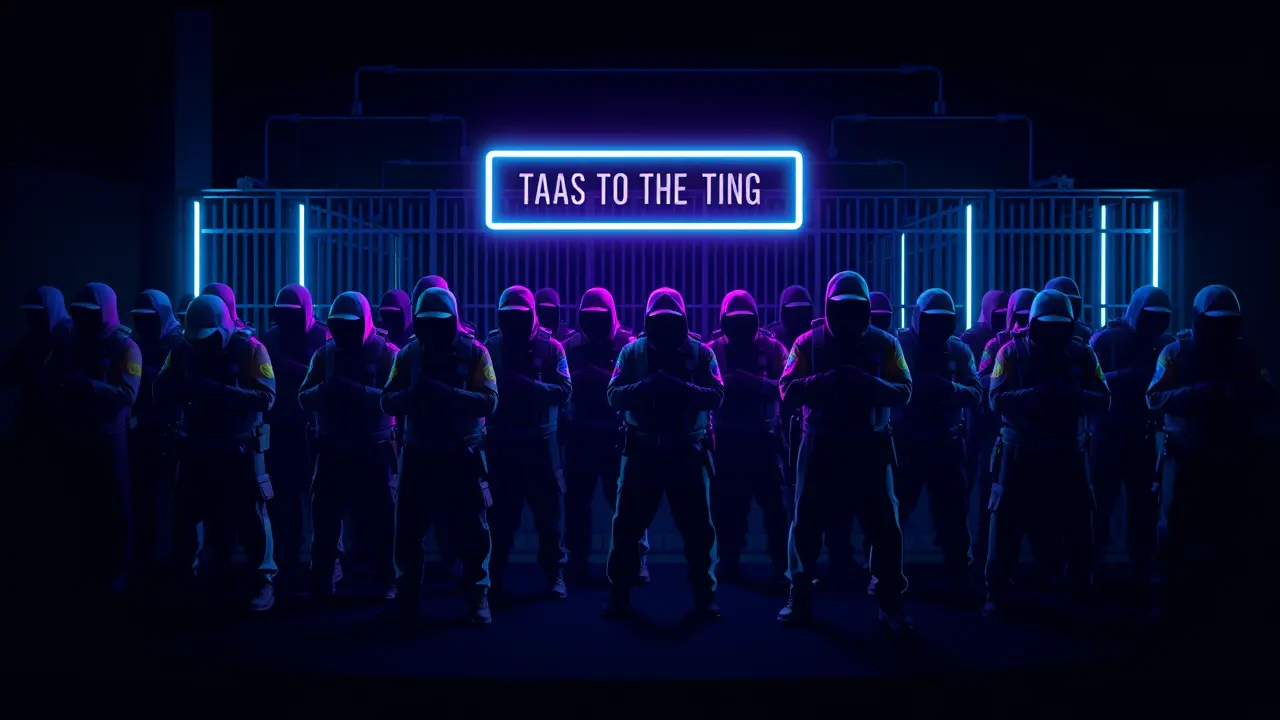
PoliticslegislationNew Bills and Laws
Guatemala enacts strict anti-gang legislation during political crisis.
MA
Mark Johnson
1 day ago7 min read
In a decisive political maneuver that reads like a masterstroke from a high-stakes campaign playbook, Guatemala's Congress has overwhelmingly passed the 'Law for the Frontline Combat of Criminal Activities of Maras,' a sweeping anti-gang statute that fundamentally reshapes the nation's criminal justice landscape. With a commanding 145 lawmakers throwing their support behind the legislation on October 21, the move is less a quiet policy shift and more a public declaration of war against the maras, the notoriously violent gangs whose influence has metastasized throughout Central America.This isn't just another law; it's a strategic offensive, a piece of legislation crafted for maximum political and public impact, arriving at a moment when the nation is gripped by a profound political crisis that has eroded public trust in its institutions. The law's provisions are deliberately tough, designed for headlines and public consumption: it dramatically escalates criminal penalties for gang membership and orchestration, moving the goalposts from mere incarceration to a more punitive and isolating form of justice.Crucially, it mandates the creation of a new, segregated prison system, a clear tactical move to dismantle the command-and-control networks that gangs have notoriously operated from within general population prisons. This is a page taken right out of the playbooks of other nations in the region, like El Salvador's controversial state of exception, but tailored for the Guatemalan context.The timing is everything. Pushed through during a period of intense political instability, the law serves as a powerful signal to a weary populace that the government is taking action, a classic move to regain favor and project strength amid scandal and infighting.However, veteran political strategists and human rights observers are already sounding the alarm, warning that such draconian measures, while politically popular in the short term, risk exacerbating underlying issues. They point to the potential for massive human rights violations, the criminalization of poverty-stricken youth based on appearance or neighborhood rather than proven crimes, and the historical precedent where iron-fist policies have fractured communities without addressing the root causes of gang recruitment—systemic inequality, lack of opportunity, and state neglect.The real campaign, they argue, isn't just about passing a law; it's about whether the Guatemalan state can follow through with a coherent, long-term strategy that combines this newfound judicial muscle with the unglamorous, difficult work of social investment, community policing, and institutional integrity. Without that, this landmark legislation risks being remembered not as a solution, but as a politically expedient gambit that won the news cycle while losing the larger war for the nation's future.
#Guatemala
#anti-gang law
#harsher penalties
#new prisons
#legislation
#Central America
#featured
Stay Informed. Act Smarter.
Get weekly highlights, major headlines, and expert insights — then put your knowledge to work in our live prediction markets.
Related News
Comments
It’s quiet here...Start the conversation by leaving the first comment.
© 2025 Outpoll Service LTD. All rights reserved.
